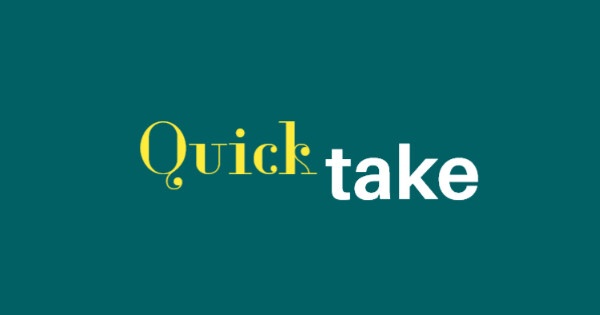Yale professor emeritus Craig Wright went on a decades-long search for what makes a genius. First he had to define it, and to do that he started a popular class at Yale called “Exploring the Nature of Genius.” Eventually he thought he had the concept nailed so it could be reduced to a formula:
G = S x N x D
Translation: “Genius (G) equals Significance (S) of the degree of impact or change effected (Alexander Fleming’s life-saving penicillin vs Kanye West’s latest style of Yeezy sneakers) times the Number (N) of people impacted (about 200 million lives saved vs 280,000 pairs of shoes sold) times Duration (D) of impact (antibiotics have been around for 80 years; the life of a shoe is use-dependent).”
But that didn’t quite fit after his students challenged his notions of impact and significance. (What if Einstein had been on a desert island with no one to tell of his discoveries? Would that make him not a genius?) Eventually he revised his definitions (with the help of students) to a kinda- sorta-notion of the concept:
Genius is not an absolute but a human construct that’s dependent on time, place and culture. Similarly, genius is relative. Some people simply change the world more than others. Accordingly, genius presupposes an inequality of output (the exceptional thoughts of an Einstein, or the music of a Bach) and generates an inequality of reward (eternal fame for Bach, fabulous riches for Amazon’s Jeff Bezos). That’s just the way the world works. Acts of genius are usually attended by acts of destruction; that’s generally called progress.
And he’s now written a book — The Hidden Habits of Genius: Beyond Talent, IQ, and Grit – Unlocking the Secrets of Greatness (2020) — recently chosen as one of Amazon’s books of the year. For a shorter and disarming account of his odyssey that will challenge your notions of what exactly is a genius, check out this fun essay about the process he wrote on Aeon. It’s a nice account of how he moved from a most conventional definition of genius to one that — for all its ambiguity and messiness — seems a better fit.
